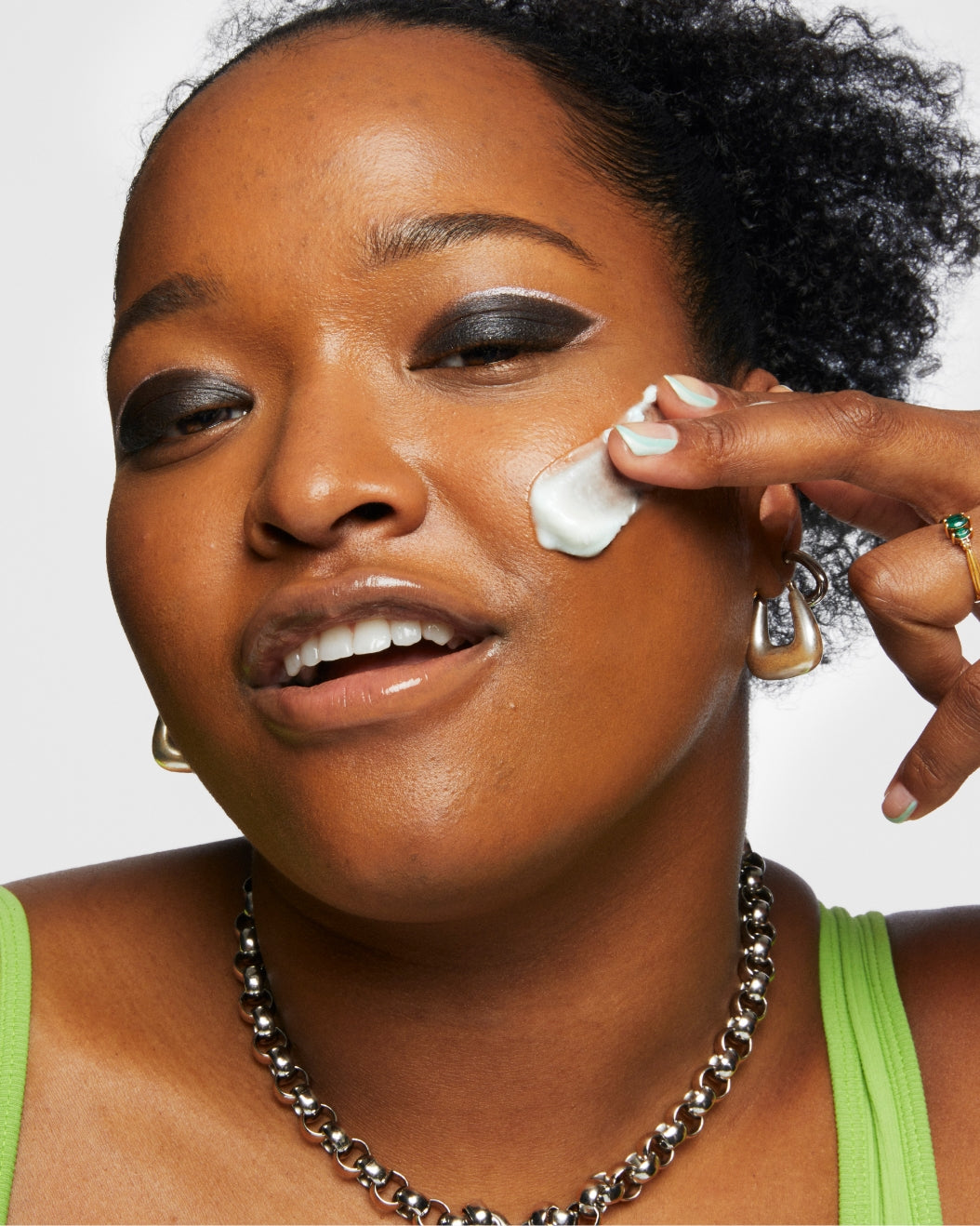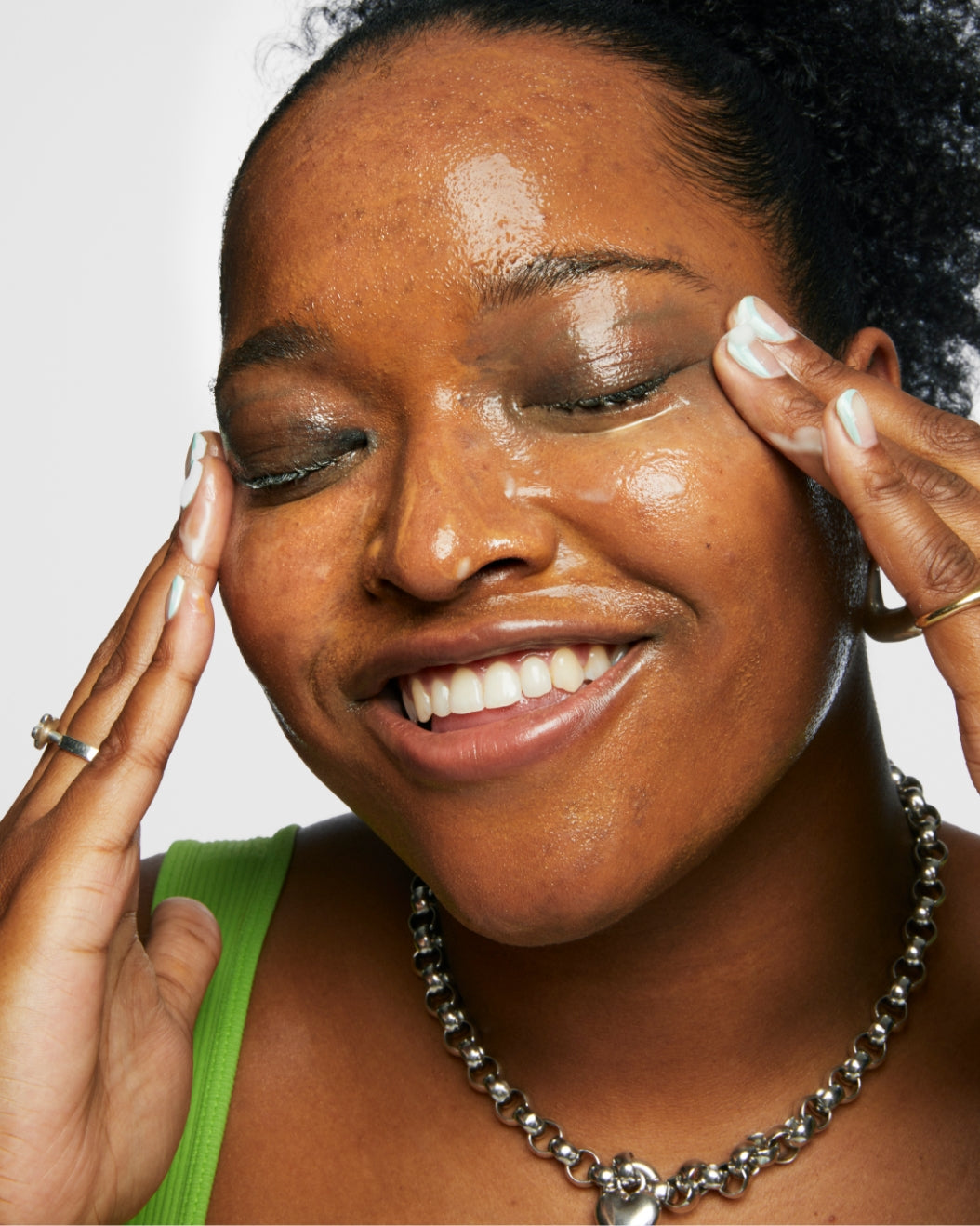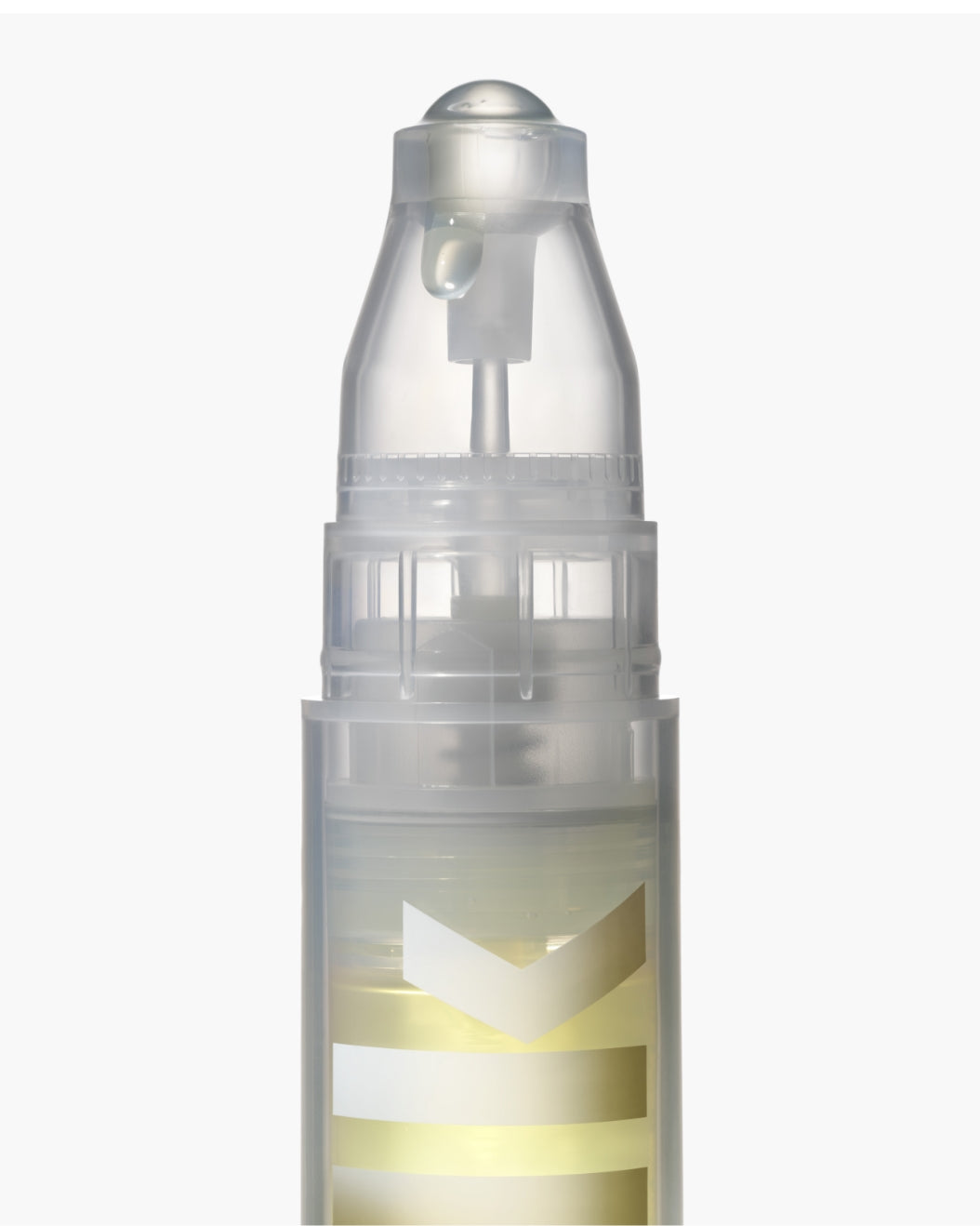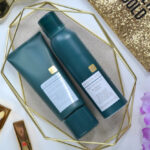If your skin is feeling dry or looking dull, it’s not you—it’s winter. The chilly season tends to sap moisture from skin, which is why a dedicated winter skincare routine is so essential. And that doesn’t just go for your face, although it often gets all the TLC. Your skin below the neck is just as important. “Winter can cause dryness of the skin on the face and the body,” says Marisa Garshick, M.D., a board-certified dermatologist in New York City who shared some winter skincare tips with us.
That means your arms, legs, and beyond are just as prone to feeling flaky, tight, and even uncomfortable once temperatures take a nosedive—no matter your skin type. Plus, “this can also lead to winter itch, which is the itchy feeling associated with dry skin,” she says. “General dryness can also increase the potential for eczema, which can appear as pink flaky patches on the face or body.” (On dark skin, those patches can be dark brown or even purplish.) The good news is that incorporating the right winter skincare products and habits into your routine can make a world of difference, keeping your skin healthy through the season.
Here’s how to build your ideal winter skincare routine.
Winter skincare routine for your face
Cleanse strategically
Cleansing with a harsh formula can inadvertently strip your skin of its moisture no matter what the season, especially if you have sensitive skin. But in winter, you’re already at a disadvantage thanks to the lack of humidity, dry air, and cold temperatures, says Dr. Garshick. “It is important to use a cleanser that will help to nourish the skin and won’t strip it of its natural oils,” she explains. If anything, it should actively replenish moisture—for which Dr. Garshick recommends a cream- or oil-based cleanser. “This will help prevent the skin from feeling tight or dry after cleansing,” she says. Our Vegan Milk Cleanser is a gentle cleanser made with a blend of hydrating vegan milks that work to cleanse your skin without stripping it, leaving it feeling soft and moisturized once you rinse it off.
 |
 |
Shop Hydro Ungrip
Now’s not the time to try any crazy exfoliators, weird toners, or experimental retinols. Try to keep it simple and get by with the essentials until the winter weather subsides.
And don’t forget SPF! Just because you’re dealing with cold weather doesn’t mean you don’t need sunscreen. These days, you need all the help you can get when it comes to protecting your skin barrier from UV rays. After all, maintaining good skin health is a year-round ordeal.
You can also choose a moisture-rich product to wash off your makeup, too. Try our Hydro Ungrip Makeup Removing Cleansing Balm, which contains soybean and sunflower oils that work double-duty to both melt away makeup and soften skin. (It also contains hyaluronic acid, aloe, and hemp-derived cannabis seed extract for an extra hit of hydration—just saying.)
Max out your moisture
Keeping your skin moisturized is the best way to help prevent wintertime skin woes like breakouts, dryness, and flaky skin. A face oil is among the best skincare products during the colder months, since it can “provide an occlusive benefit to help seal moisture in,” says Dr. Garshick. She recommends using one after your moisturizer to reap the most benefits. A recipe for greatness: First apply our Vegan Milk Moisturizer, which features a mix of plant milks to deliver lasting moisture, as well as argan milk, hyaluronic acid, and plant-derived squalane, so your skin feels extra supple. Follow with our Sunshine Oil, which pairs a blend of six oils (lemon, grapeseed, tangerine, avocado, and grapefruit) with vitamin C to brighten skin and offer extra protection against sun damage. Finish it off with a moisturizing lip balm to protect your lips from the harsh cold air.
Don’t forget your eyes
The skin around your eyes is among the most delicate on your body, which is why an eye treatment is worth including in your winter skincare regimen. Swipe on our Cooling Water eye gel stick, which contains natural seawater that has hydrating and soothing properties. (The formula also has caffeine, which can help nix puffiness for a more refreshed, I-absolutely-went-to-bed-at-a-decent-hour look.)
Winter skincare routine for your body
Shorten your shower
Sorry in advance: A long, steamy shower might feel incredible after a day in the icy-cold outdoors, but when it comes to winter skincare, hot water is not your friend. “Hot showers can be drying and irritating on the skin, so it is best to stick with short showers—that are not too hot—in order to be gentle and minimize the potential for dryness,” says Dr. Garshick. By short, think five to 10 minutes—just enough time for a simple body wash, and keep the temperature more lukewarm than scalding.
Moisturize ASAPAs soon as you’re out of the shower—and while your skin is still damp—apply moisturizer. Timing is key: “Applying moisturizer to damp skin helps to lock moisture in and prevents your skin from drying out after a shower,” says Dr. Garshick. You’ll reap more benefits than if you wait to apply when your skin is totally dry. Opt for oilNow is not the time for your average body lotion. “In the winter months, using a thicker cream or ointment can help to lock moisture in,” says Dr. Garshick. As with face oil, body oil may just be one of the best skincare products for winter. Consider our Hydrating Oil: It functions as both a face and body oil—giving it versatility bonus points—to moisturize skin on the spot. Powered by a blend of apricot, avocado, and jojoba oils (among others), it leaves skin radiant and soft without leaving behind a sticky residue. Add these tweaks to your routine and see for yourself—you may find the formula to your best winter skin ever. |

Shop Sunshine |
Meet the Expert:
Marisa Garshick, M.D., F.A.A.D., (she/her) is a board-certified dermatologist and an Assistant Clinical Professor of Dermatology at Cornell University in New York. Dr. Garshick has numerous publications in scientific journals and book chapters, including a chapter on the treatment of acne, and has presented at national meetings. She is a member of the American Academy of Dermatology, the American Society of Dermatologic Surgery and the Women’s Dermatologic Society.


